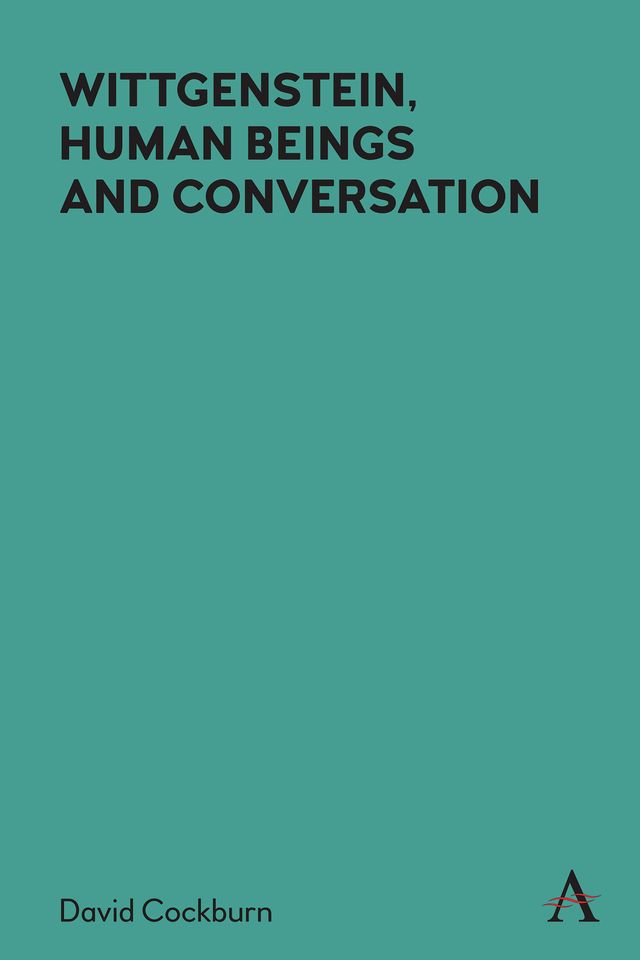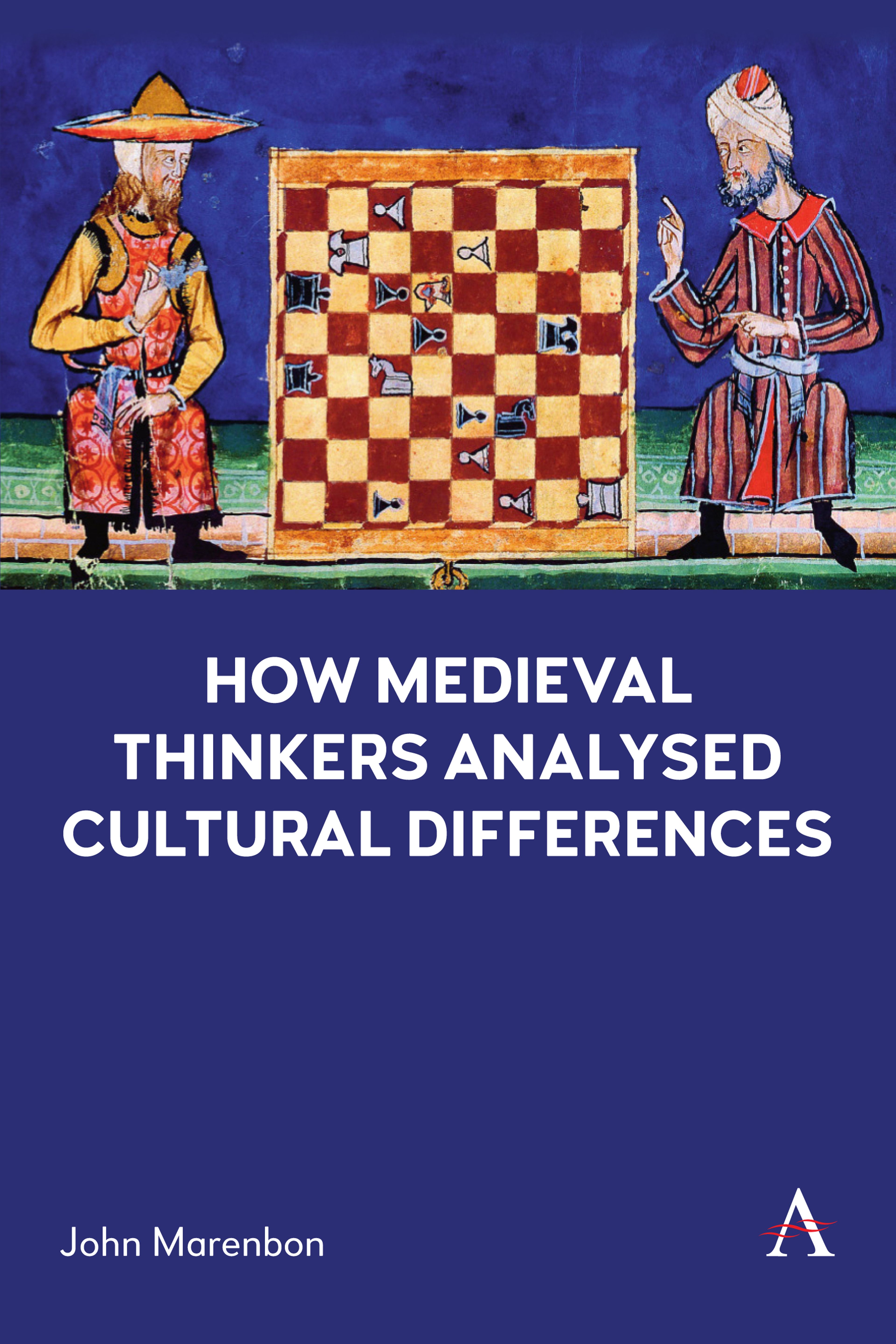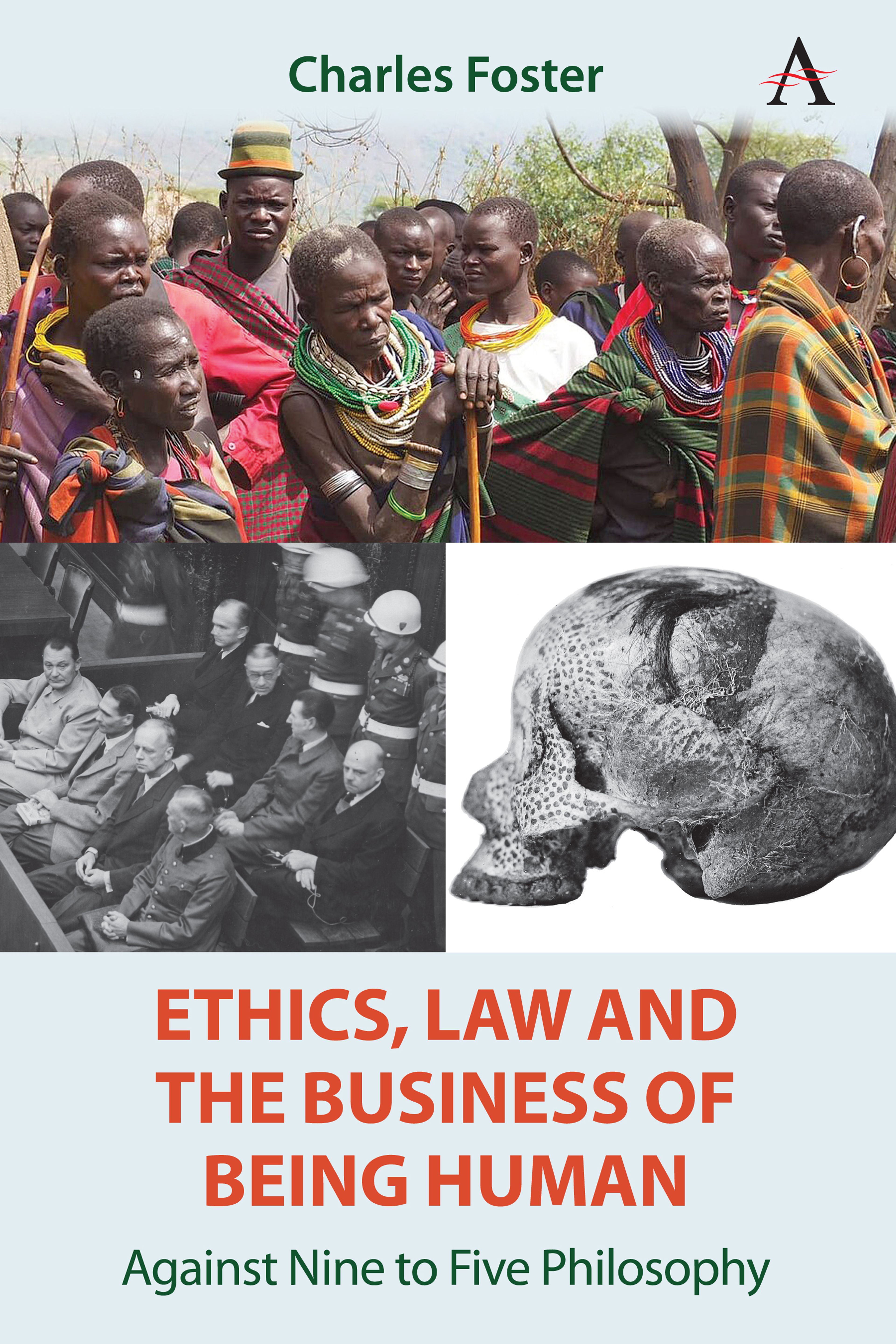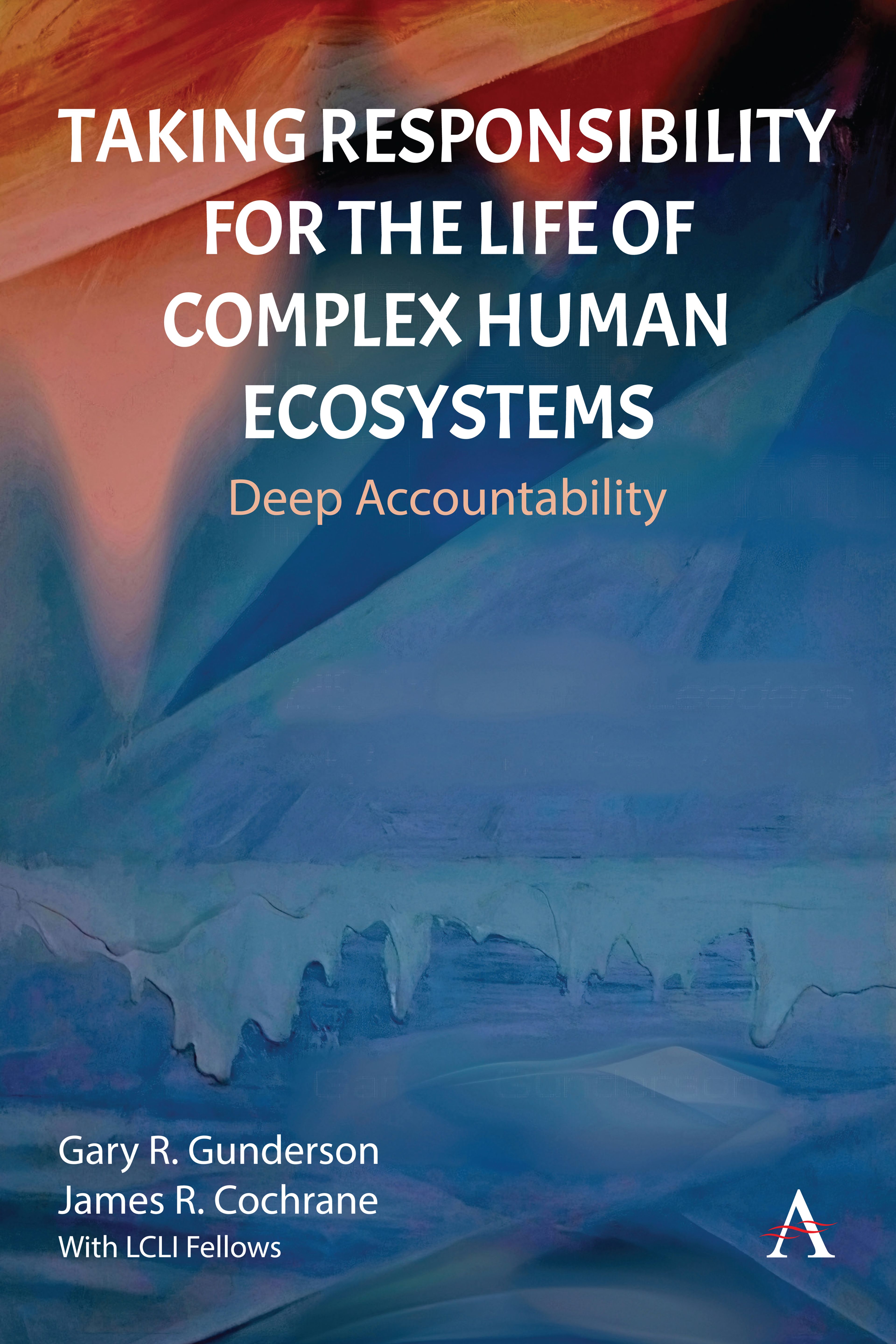David Cockburn
Anthem Studies in Wittgenstein
ISBN: 9781785279287
Pages: 206
Pub Date: November 2021
Imprint: Anthem Press
The papers in this volume can be roughly divided between ‘the philosophy of mind’ and ‘the philosophy of language’. They are, however, united by the idea that this standard philosophical classification stands in the way of clear thinking about many of the core issues. With this, they are united by the idea that the notion of a human being must be central to any philosophical discussion of issues in this area, and by an insistence on an inescapably ethical dimension of any adequate discussion of these issues. None of the papers is well described as ‘exegetical’, but most of them are, in one way or another, papers about Wittgenstein, and all of them are discussions of themes central to his later work and strongly influenced by it. While the debt to Wittgenstein is enormous, many of the papers involve significant criticisms of ideas widely drawn from him, and some of these criticisms may have application to Wittgenstein himself.
The discussions of ‘the philosophy of mind’ are marked by an emphasis on the individual’s relations with others and, with that, by a detailed attention given to the human bodily form. Within the bodily form, the face is, both visually and through the voice, the locus of expression of our thoughts and feelings, and so central to our recognition of each other as beings who have thoughts and feelings. With this, it is central to the ‘attitude towards a soul’ of which Wittgenstein speaks: a phrase that highlights the centrality of an ethical dimension to any adequate philosophical treatment of our understanding of others. My relation to other creatures – both human and non-human – is distorted by the idea of an underpinning of the kind proposed in ‘the argument from analogy’; but it is distorted, too, by the idea (that we may take from Wittgenstein) that our seeing similarities between we human beings and dogs or giant squids is a condition of our ability to ascribe pain or fear to such creatures. A ‘phenomenological’ treatment of our perception of faces may be helpful in breaking down pervasive philosophical prejudices here. The irreducible sense in which the smile that we see is a smile on this face is intimately connected with Wittgenstein’s insistence on the importance of context for an ascription of thoughts and feelings: an insistence that brings out a fundamental incoherence in dominant, ‘reductive’, treatments of the notion of a persisting individual. This incoherence is intimately tied to a failure to leave a place for the notion of a particular individual, as opposed to kinds (transferable properties), in our thought about those whom we know and care for; and, with that, a failure to leave a place for anything recognisable as love.
The notion of a human being links the discussions of mind and language through the relation between two themes in Wittgenstein: (i) the way in which the human enters into our thinking (‘The human body is the best picture of the human soul’); (ii) the way in which our thinking is a reflection of our humanity. These relations are distorted by the emphasis on ‘rule following’ and the appeal to the idea of continuing an arithmetical series that has had a central place in discussions of language originating from Wittgenstein. Approaches from this perspective fail to do justice to the idea of speech as a form of interaction between people. Rush Rhees suggests that conversation provides a better model for thinking about language. To share a language with someone is to be able to speak with her. One aspect of Wittgenstein’s ‘attitude towards a soul’ is the demand to seek forms of contact with others: including, centrally, interaction in speech with others. Such interaction is crucially dependent on trust, and on the effort to sustain conversation in the face of the unlimited possibilities of its collapse: possibilities that find expression in philosophy in various forms of scepticism. Wittgenstein’s appeal to the idea that ‘justification comes to an end’ is potentially misleading in that it may obscure the possibilities of sustaining discussion in the face of such potential collapse. While much of what we say may run into the sand if pursued in certain directions, we may take one of the tasks of philosophy to be that of bringing out possibilities of a sense of forms we would not have anticipated: and so enhancing the links between us that are involved in conversation. We do well here to shift from the familiar question ‘What conditions must something satisfy in order to be a language?’ to the question ‘What is it seriously to think of – to acknowledge in practice - an individual or group as speaking?’ A focus on this question may cast in a clearer light the character and importance of questions about the language capacities of non-human creatures. The issues here are only well understood if we recognize the primacy of the ethical in our relations to such creatures: a point well illustrated by a remarkable study of the language capacities of bonobo.






